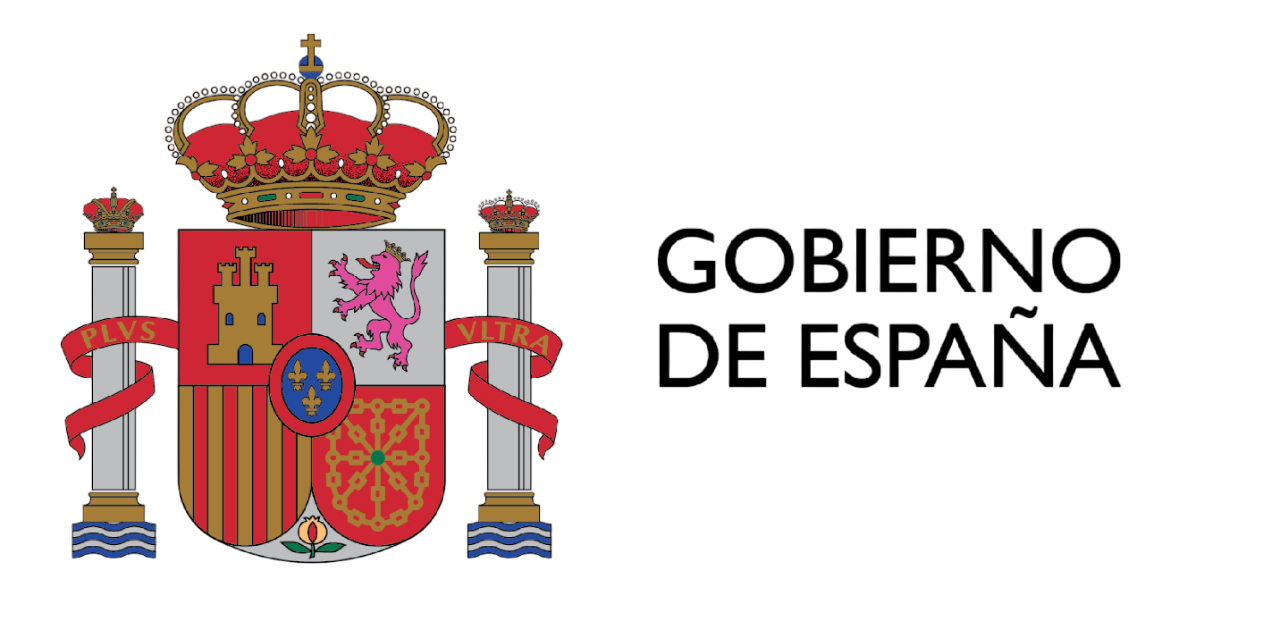The eschatological culture in Barcelona and its traditions
I'm sure if you think about Barcelona its streets, people and architecture come to mind, but the most local, who know the curiosities of its history, are still surprised by the eschatological culture so ingrained in the place. The fecal elements, their value and uses, were more than valued in society years ago and it seems that the locals have a fixation with introduce these to their most deeply rooted traditions.
The most scatological traditions of Catalonia
A great example of the importance of eschatological culture in Catalan lands is the Caga Tió. Christmas presents do not come under the arm of Santa Claus in Catalonia, they are shitted by a trunk with a face and barretina that the little ones feed throughout the season. If you have never experienced this tradition in your own skin, you will think that it is a simple joke, but nothing is further from the truth. When Christmas arrives, young and old gather to hit a log that they have "fed", so that it craps out gifts for everyone.
This tradition has been passed down from generation to generation for hundreds of years and it is not the only symbol that reflects the fixation of Barcelona by eschatological elements. We see that they do not tremble when incorporating on the Nativity scene the figure of the 'Pooper’, a figure of a man shitting that usually hides behind the stable where the son of God is born. Curious, right? To know the fixation by these elements, we must go back years.
The eschatological culture in Barcelona and its origins
In order to know in full detail the relationship of Barcelona with the eschatological, we base ourselves on the book “Historias de la Historia de Barcelona” by Dani Cortijo, a safe bet when you want to know the curiosities hidden in the streets of this famous city. As the book clearly states, the fixation of the place with eschatological issues is more than surprising and extends from the Barcelona of the XIX.
The ancient art of selling excrement
More than 200 years ago, when the city walls were closed at nightfall, the inhabitants could not enter or leave at will. There was only one exception and they were the cars in charge of emptying the cesspools where the excrement was kept. The people in charge who went through the houses emptying these wells did not earn a bad living, quite the contrary, and it is that the droppings gained value at the time.
They did not charge for collecting this waste, on the contrary, they paid the owners to be able to take the excrement and trade with them outside the walls. They sold it to gardeners who worked near the city and they did pay for it, since they took advantage of it to fertilize their land. Human excrement fertilized the land in an optimal way and gardeners obtained better harvests, therefore, they were paid well and those in charge of emptying the wells were even privileged for the work they did.v To the famous Castilian saying of: "the poop, shut it up, clean it or cover it”, en Cataluña sería: “The poop, market it, sell it and fertilize it!”
The cacatadores
Sin embargo, esta no era la profesión que más sorprende y es que not all droppings were of the same quality to sell to gardeners. How did they check it? For those in charge of emptying the wells iban acompañados de los catadores de pozos y estos se encargaban de taste the material to check its quality and acidity, it could be called "the pooptaster". Depending on the quality, the owner was paid more or less, so it was a topic of popular interest that worried people in the houses. Everyone wanted to get the best material to get a good reward and the gardeners had no problem paying more to ensure a good harvest on their land.
The evolution of these customs in the city
In recent years, the eschatological culture of Barcelona it has become more timid and restrictions have been placed on the streets, but years ago, there were corners set aside for these needs. Rich and poor had communes, some more luxurious than others and individual or shared, this is clear, but it was a common good. What's more, in the wealthiest houses, communes were used to store jewelry or valuables And the owners knew that it was unlikely that thieves would dare to get their hands on them. Their “strong poop”!
Medieval public baths
Besides the palaces had public corners, in case the need pressed far from home and there were even streets destined for it. Society was clear that it was better outside than inside and they had several points to unload if necessary. This was the case until the arrival of Compte d'Espagnac, who wanted to eliminate these public places, but his decisions did not quite fit with everyone. So much so that a man from Merchant Street refused to remove this service for citizens. This cost him a good punishment as he tells us Dani Cortijo y es que tuvo que mantener la cabeza dentro de una letrina durante 24 horas ¡Seguro que un buen mareo se llevaría!
The droppings and depositions were a valuable object in the homes of Barcelona and gardeners got better crops thanks to them. So we are not surprised that even artists and writers had a devotion to them and dedicated some other text to them, such as “Les Virtuts de Cagar” of Josep Robreño.
Looking at it years ago, the situation is totally surprising and that is that people's excrements have never been so valued. Perhaps this eschatological culture, which is now translated into curious traditions, comes from years ago, when cesspools were bargaining chips for families. How can we not like history!











